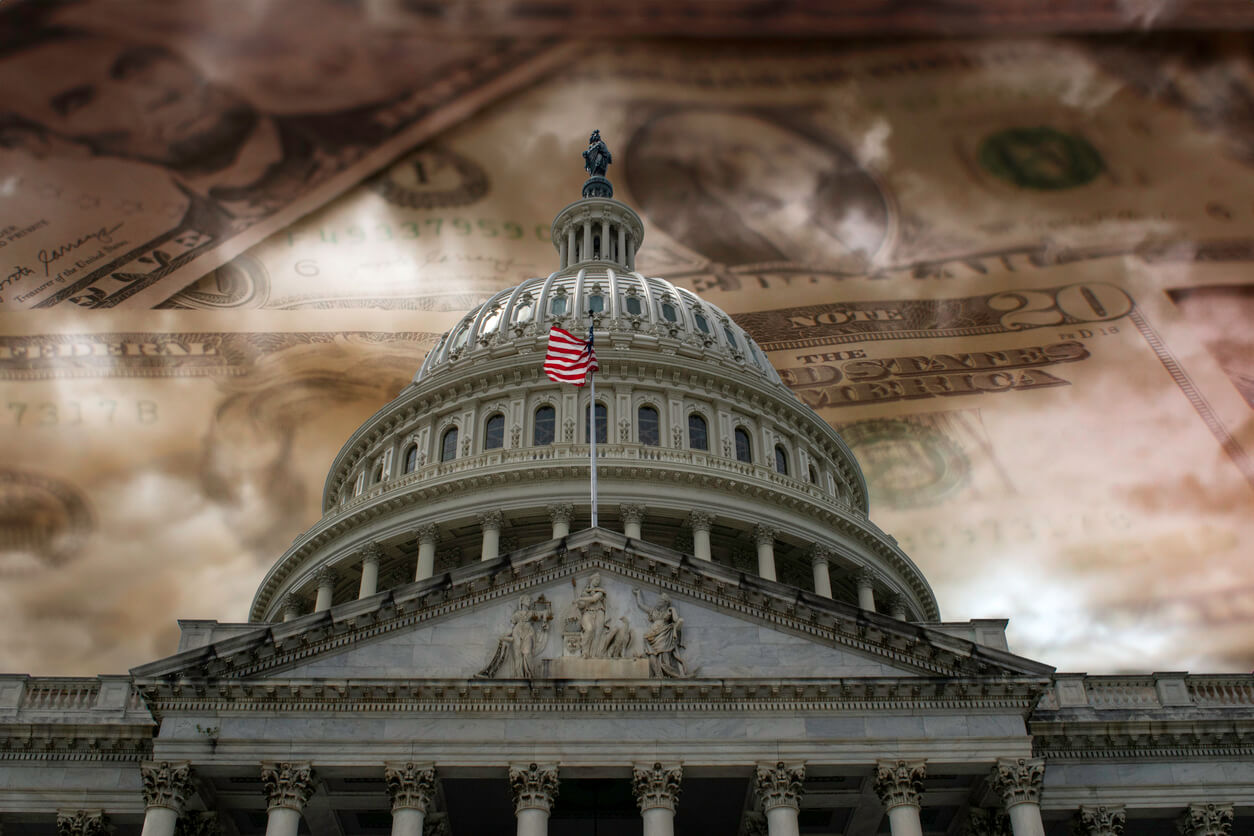By Deanne Butchey and Jerry Haar
The globalization of trade and finance has significantly impacted the tax environment and tax policies worldwide. Ultimately, it has allowed for much wiggle room and sharp practices such as tax avoidance and tax evasion. Here is a look into how such practices have impacted international trade.
For nearly half a century, globalization as embedded in trade, finance, technology, communication, culture and human capital, has produced monumental changes in business and society. Even though the pace of globalization has slowed, and the rise of populism has put a damper on market liberalization, there is no proof that deglobalization is or will be a permanent feature of global commerce.

While the growth of international trade and finance as well as the arguments for and against greater global integration have been well-documented, researchers and policy analysts have failed to examine the tax dimensions and implications of cross-border commerce—specifically tax evasion. This is most unfortunate since the financial impact of both can be significant for countries, industries, and the public at large. The global cost of tax evasion and tax avoidance is estimated to be between $427 billion and $600 billion a year. This includes corporate tax avoidance which occurs when multinational corporations shift profits to tax havens with low or no corporate tax rates and private tax evasion when individuals shelter financial assets offshore.
The United States Senate Committee on the Budget notes that the IRS estimated that tax cheating cost the US at least $688 billion in 2021 alone.
The globalization of trade and finance has significantly impacted the tax environment and tax policies around the world, especially through complex international structures, transfer pricing manipulation, and the use of tax havens. This has pressured countries to strengthen their tax enforcement, improve transparency, and enhance international cooperation to combat these practices. The Foreign Account Tax Compliance Act (FATCA) regulation is an attempt to mitigate this situation by requiring that foreign financial institutions and other non-financial foreign entities report on the foreign assets held by their US account holders or be subject to withholding taxation. This subset of The Hiring Incentives to Restore Employment (HIRE) Act also contained legislation requiring US persons to report, depending on the value, their foreign financial accounts and assets. Notwithstanding this, companies still attempt to minimize their tax exposure by registering in Liechtenstein, Switzerland, Panama, and the Cayman Islands. In fact, a 2008 US Government Accountability Office Report found that just one building in the Cayman Islands housed 18,857 mostly international companies.
Just How Does Tax Evasion Impact International Trade?
Tax evasion can have several impacts on international trade. These include distortion of competition, such as when businesses evade taxes by offering lower prices for their goods or services compared to compliant businesses. This creates unfair competition in the international market as compliant businesses may find it harder to compete. Another issue is the loss of government revenue. This includes unfair tax treatment, where even though the majority of income is earned in one country, because of tax domiciles, another country may benefit. For example, the ongoing legal battles between Apple and Ireland over a 14.3 billion Euro tax bill. The United States Senate Committee on the Budget notes that the IRS estimated that tax cheating cost the US at least $688 billion in 2021 alone, an amount which includes $10 billion in unpaid taxes by just one pharmaceutical company, $9 billion owed by Facebook, and $29 billion owed by Microsoft. (Many of these sums are held up in litigation).
Governments rely on tax revenue to fund public services and infrastructure. When tax evasion occurs, governments may have less money available for investments in trade-related infrastructure (like ports, roads, and customs facilities), which can hinder international trade efficiency. Current global infrastructure investment needs are $3.9 trillion annually.
In many sophisticated schemes, multinationals take advantage of anomalies across countries including differences in tariff treatment and corporate income tax (CIT) rates.
Recognizably, a country’s trade balance can be impacted by tax evasion. If businesses evade taxes, they may underreport their exports or imports, leading to inaccurate trade statistics. This can distort a country’s trade balance, making it harder for policymakers to make informed decisions. Still, another problem is the weakening of institutions. Addressing tax evasion requires effective governance and institutions. Countries with the highest levels of tax evasion, which include the United States and Brazil, may struggle to enforce trade regulations and maintain transparency, which can erode trust and confidence in their trading partners. Finally, there is the challenge of the potential for trade barriers. Countries may impose stricter trade regulations or barriers to protect their markets from unfair competition due to tax evasion. This can lead to increased tariffs, quotas, or non-tariff barriers, which in turn can reduce overall trade volume and efficiency.
Countries are implementing various strategies and policies to crack down on tax evasion in international business. These measures include strengthening international cooperation, enhancing transparency, and introducing stricter regulations. For example, the OECD has initiated the Base Erosion and Profit Shifting Project (BEPS) to tackle tax avoidance strategies that exploit gaps and mismatches in tax rules. This includes country-by-country reporting and the harmonization of tax rules. The UK and Australia have passed legislation to strengthen their tax authorities’ capabilities.
In our research, using data from the US Census Bureau, we identify multiple tax arbitrage schemes through the relatively unguarded avenue of international trade. In many sophisticated schemes, multinationals take advantage of anomalies across countries including differences in tariff treatment and corporate income tax (CIT) rates. Typically, government agencies focus on identifying illicit activities including money laundering and financial flows related to terrorism, while under-estimating potential revenue from mispricing of imports.

Turning to emerging markets in Asia and Latin America, they are taking various steps to crack down on tax evasion, often aligning their strategies with international standards while also implementing region-specific measures. For example, India has simplified their tax system and improved compliance through a unified indirect tax system while Indonesia has implemented successful tax amnesty programs. Brazil, taking a leap forward, has installed an electronic invoicing system to improve tax compliance and reduce fraud.
Though legal, but ethically questionable, companies engage in transfer pricing, establish subsidiaries in tax havens, and engage in inversion—when a US-based company merges with or acquires a foreign company and relocates its headquarters to the foreign country to benefit from lower tax rates.
In summary, tax evasion undermines the fairness, transparency, and efficiency of international trade by distorting competition, reducing government revenue, impacting trade balances, weakening institutions, potentially increasing trade barriers, and contributing to economic instability. Addressing tax evasion is therefore crucial for maintaining a level playing field and promoting sustainable international trade practices.



 Deanne Butchey
Deanne Butchey Jerry Haar
Jerry Haar
































